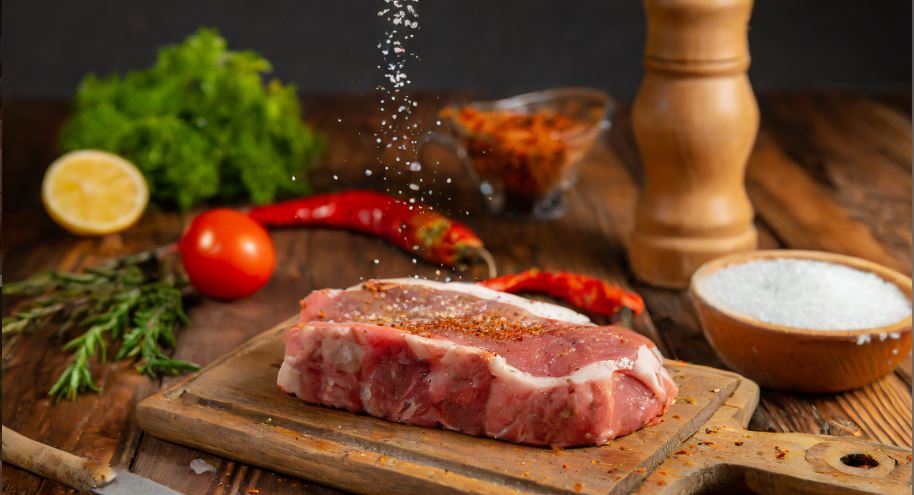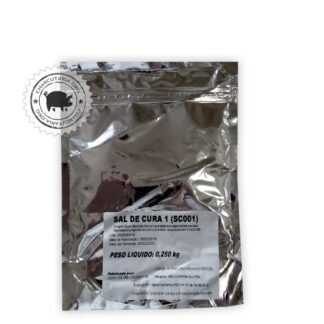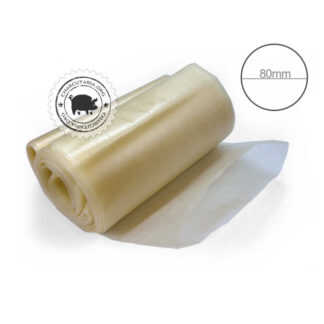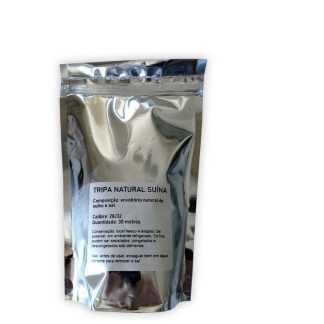
A distribuição do sal internamente na carne ocorre principalmente por meio de um processo chamado osmose. A osmose é o movimento de água através de uma membrana semipermeável de uma área de baixa concentração de solutos (neste caso, o sal) para uma área de alta concentração. Na carne, os músculos são compostos principalmente de água e proteínas.
Quando você adiciona sal à carne, o sal dissolvido na água da carne cria uma solução salina. A osmose ocorre à medida que o sal na superfície da carne penetra nas fibras musculares, atraindo consigo a água presente na carne. Isso ajuda a amaciar a carne e distribuir o sal uniformemente em seu interior.
Esse processo de osmose também influencia na retenção de água durante o cozimento. Ao salgar a carne com antecedência, você está pré-condicionando as fibras musculares para reter mais água, o que pode resultar em uma carne mais suculenta quando cozida.
O tempo de antecedência para temperar a carne antes de fazer churrasco pode variar dependendo do tipo de carne e do resultado desejado. Aqui estão algumas orientações gerais:
- Carnes mais finas e delicadas (como bifes finos ou filé mignon, por exemplo):
- Tempere com, pelo menos, 15 a 30 minutos antes de cozinhar. Carnes mais delicadas absorvem os temperos mais rapidamente.
- Carnes mais espessas e robustas (como costelas, picanha):
- Pode-se temperar com, pelo menos, de 1 a 24 horas antes de cozinhar. Deixe a carne na geladeira para que os sabores tenham tempo de penetrar nas fibras.
- Peças maiores e cortes inteiros (como pernil de cordeiro, paleta de porco):
- Você pode temperar com, pelo menos, 24 horas.
Lembre-se de que o sal é um dos principais ingredientes no tempero e pode começar a extrair a umidade da carne se deixado por muito tempo, resultando em uma textura menos suculenta. Se estiver utilizando marinadas ácidas (com limão, vinagre, etc.), é bom ter cuidado para não deixar por muito tempo, pois isso também pode afetar a textura da carne.
Além disso, se estiver usando marinadas líquidas, certifique-se de secar bem a carne antes de colocá-la na grelha. A umidade excessiva pode dificultar a formação da crosta(selamento) na superfície da carne durante o cozimento.
Cada pessoa pode ter preferências diferentes, então é interessante experimentar e ajustar o tempo de acordo com o seu gosto pessoal.
Já pensou em temperar a carne para churrasco usando um dry hub?



